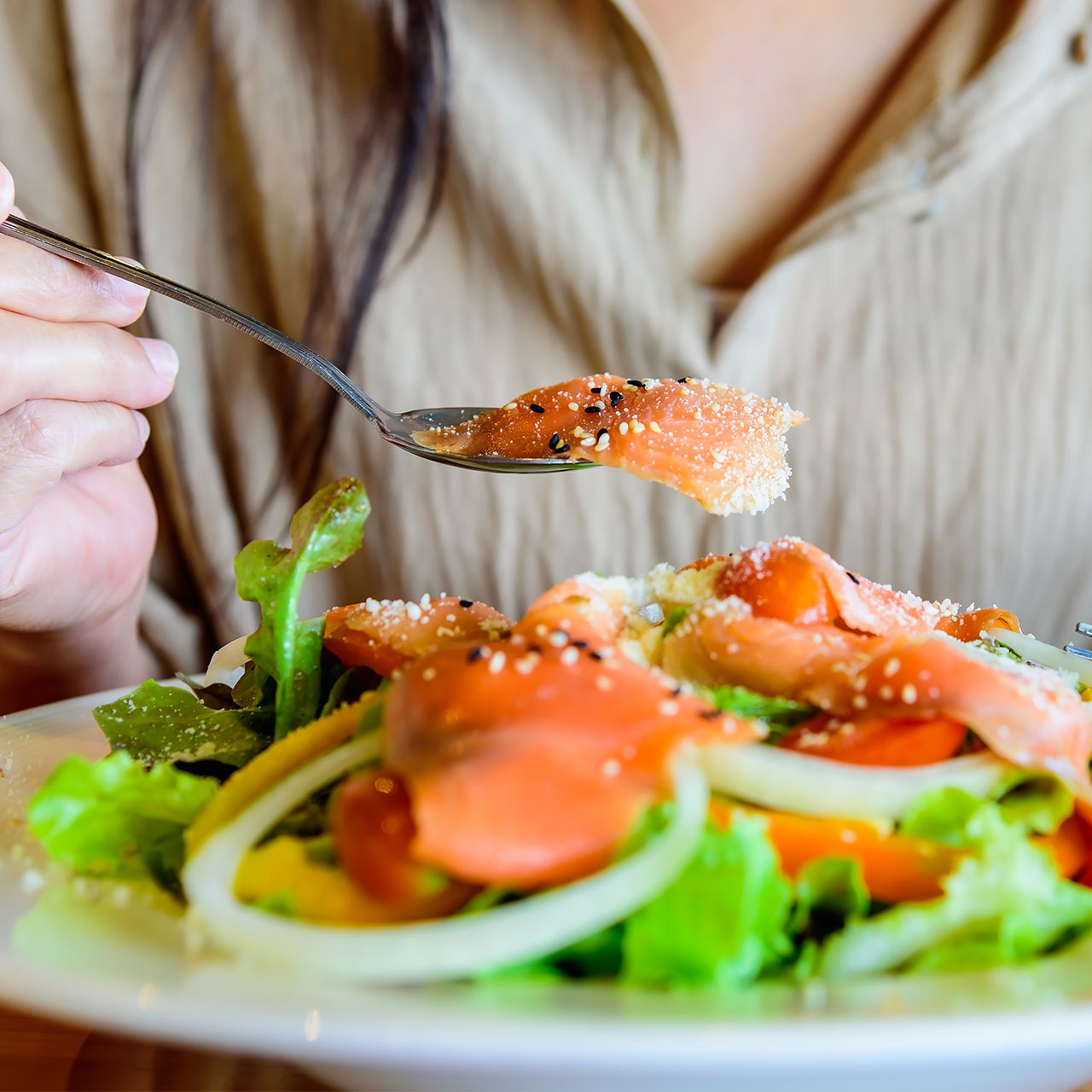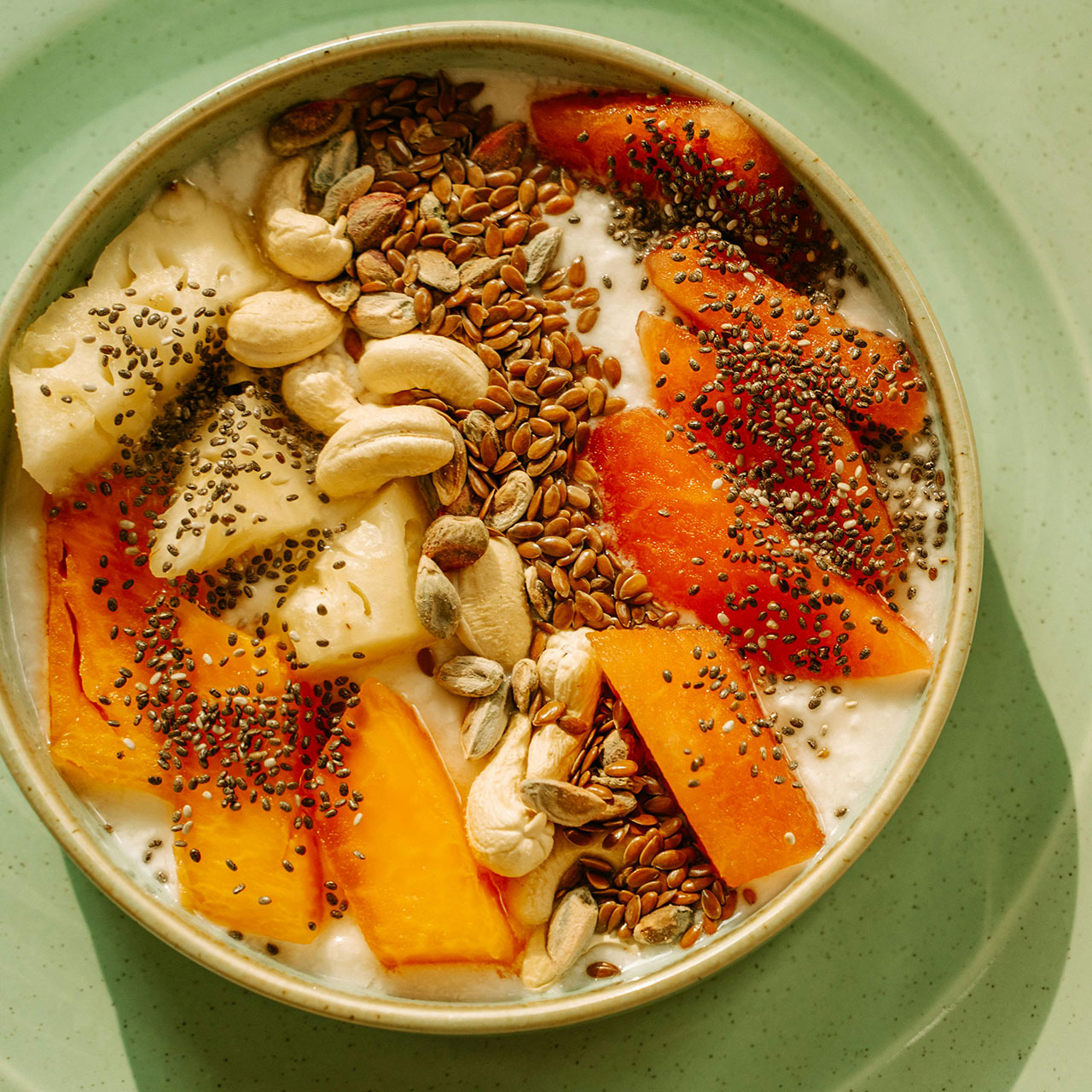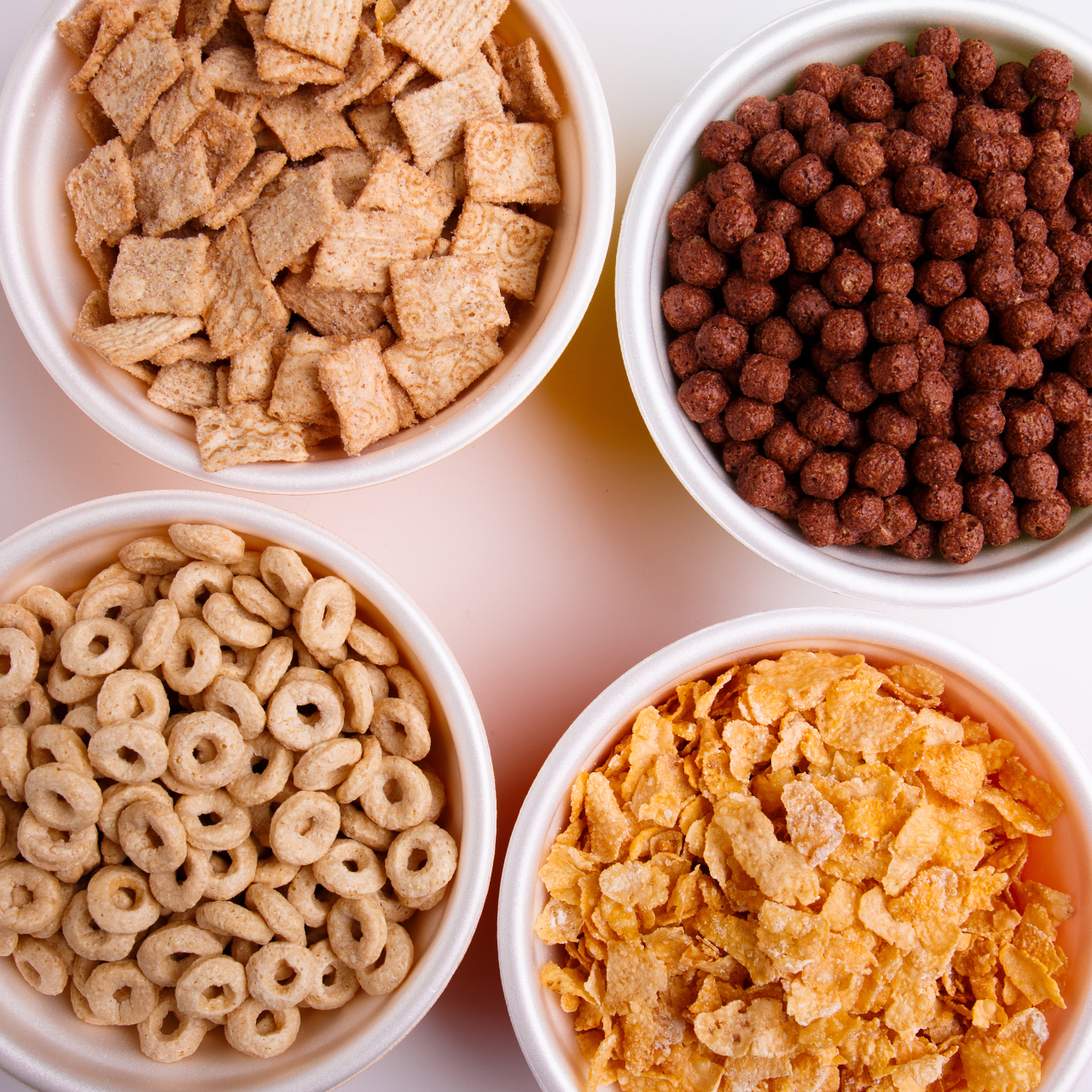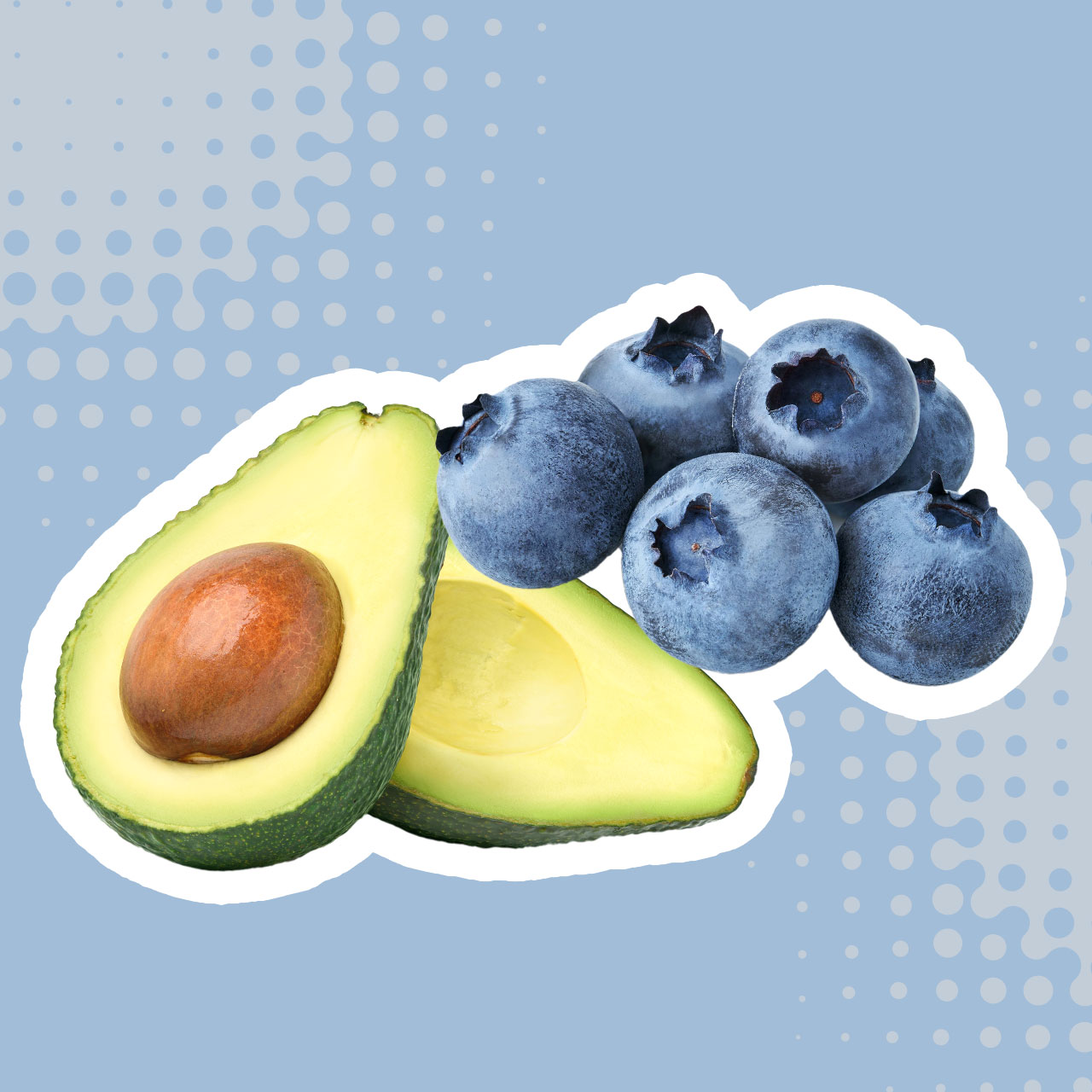Gut health plays a crucial role in overall wellness, particularly when it comes to managing bloating and maintaining a healthy weight. The state of your digestive system can significantly impact how you feel, how your body processes food, and ultimately, how your waistline looks. Bloating, which is often the result of poor digestion or an imbalance in gut bacteria, can make you feel sluggish and uncomfortable. Moreover, chronic bloating can be a sign that certain foods in your diet are not agreeing with your digestive system, leading to unwanted weight gain and other health issues. Understanding the connection between diet and gut health is essential for anyone looking to improve their overall well-being and maintain a trim waistline.
Diet plays a pivotal role in managing gut health and preventing bloating. Certain carbohydrates, while seemingly harmless, can actually be detrimental to your gut, causing irritation, bloating, and even contributing to weight gain. These carbs may not always be obvious, but they can wreak havoc on your digestive system if consumed regularly. Below, Dr. Kubanych, MD, Health & Wellness Advisor at NAO, shares some surprising carbs that could be sabotaging your gut health and waistline, along with healthier alternatives to consider.


1. High-FODMAP Foods
High-FODMAP foods, which include certain fruits like apples and pears, onions, garlic, and wheat-based products, can be particularly troublesome for your gut. Dr. Kubanych explains, "These foods contain fermentable carbohydrates that aren't well absorbed in the small intestine. When these carbs reach the large intestine, they're fermented by gut bacteria, leading to gas and bloating." Additionally, high-FODMAP foods can draw water into the intestines, causing further discomfort and sometimes leading to weight gain due to water retention.
For those looking to improve their gut health, Dr. Kubanych suggests opting for low-FODMAP alternatives. "I recommend low-FODMAP fruits like bananas, berries, and citrus fruits. When it comes to vegetables, try spinach, carrots, and bell peppers instead of onions and garlic. Also, consider gluten-free grains like quinoa or rice over wheat-based products."
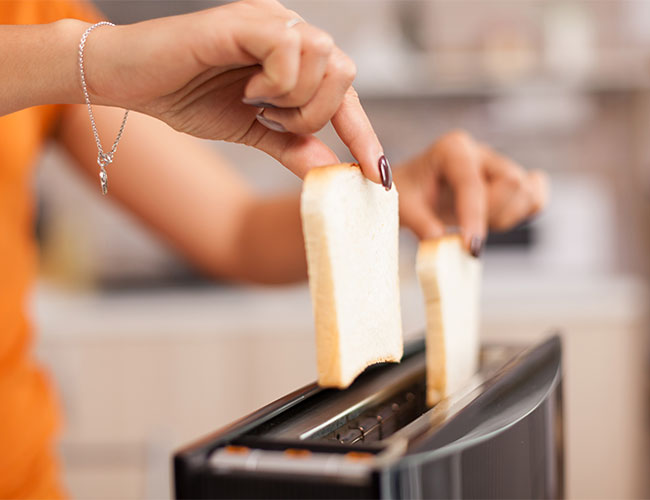
2. Refined and White Carbs
Refined carbs, such as white bread, pastries, and white rice, are stripped of their fiber and nutrients, leading to rapid spikes in blood sugar and contributing to insulin resistance and fat storage around the waistline. Dr. Kubanych notes, "The lack of fiber also means these carbs can ferment in the gut, causing gas and bloating."
For a healthier diet, Dr. Kubanych suggests, "I recommend choosing whole-grain or sprouted bread, brown rice, and whole oats to avoid this. For snacks, high-fiber options like popcorn or whole-grain crackers are excellent choices."

Bottom line
By being mindful of the types of carbohydrates you consume, you can better manage bloating, improve your gut health, and maintain a healthier waistline. Incorporating low-FODMAP foods, opting for lactose-free or aged dairy products, and choosing whole grains over refined carbs can make a significant difference in how you feel and look. Taking these steps not only supports your digestive system but also helps you achieve your weight management goals more effectively.







